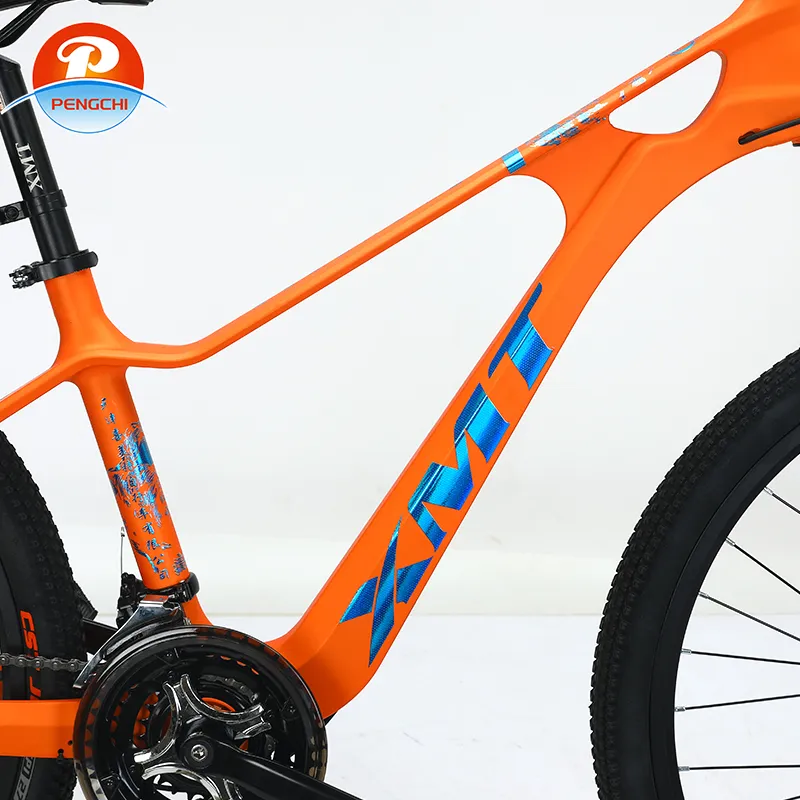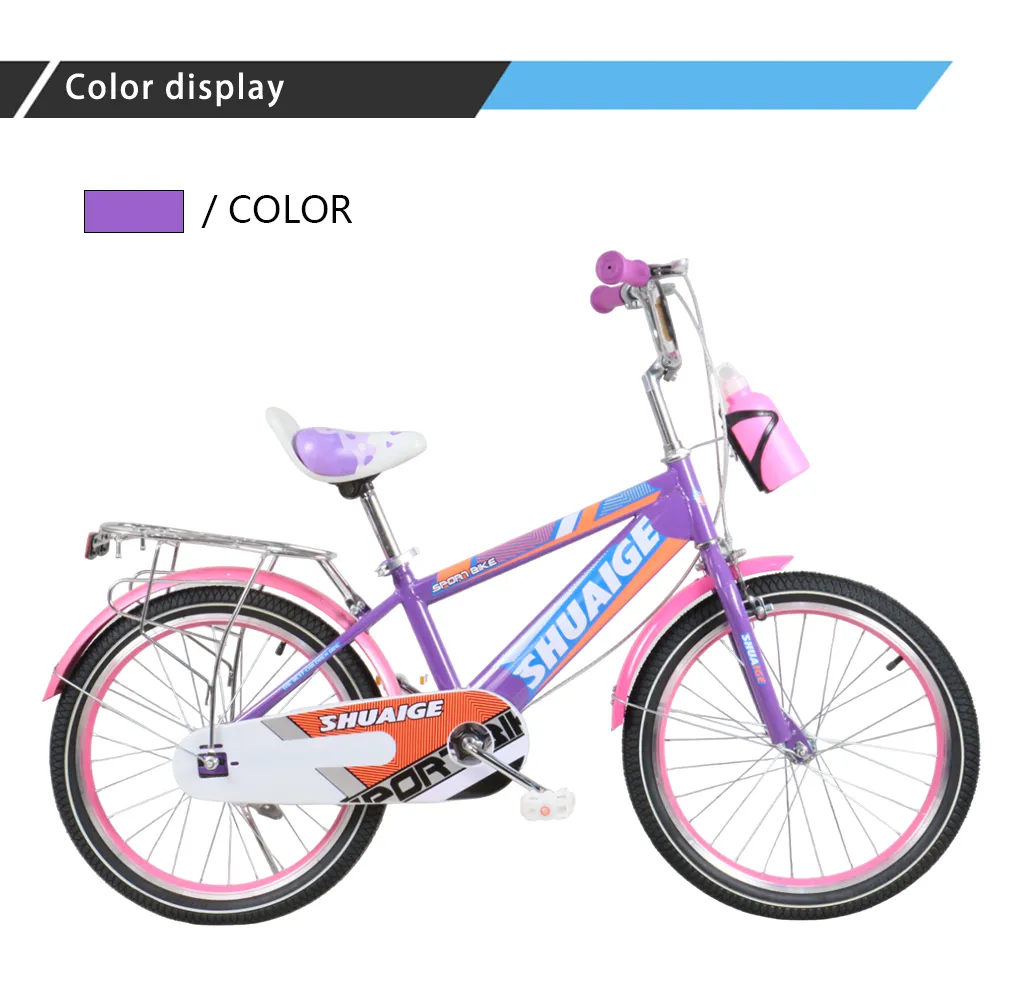
-
 Afrikaans
Afrikaans -
 Arabic
Arabic -
 Belarusian
Belarusian -
 Bengali
Bengali -
 Bulgarian
Bulgarian -
 Croatian
Croatian -
 Czech
Czech -
 Danish
Danish -
 Dutch
Dutch -
 English
English -
 Finnish
Finnish -
 French
French -
 German
German -
 Greek
Greek -
 hawaiian
hawaiian -
 Hebrew
Hebrew -
 Hindi
Hindi -
 Hungarian
Hungarian -
 Indonesian
Indonesian -
 irish
irish -
 Italian
Italian -
 Japanese
Japanese -
 Javanese
Javanese -
 kazakh
kazakh -
 Khmer
Khmer -
 Korean
Korean -
 Kyrgyz
Kyrgyz -
 Lao
Lao -
 Latin
Latin -
 Luxembourgish
Luxembourgish -
 Malay
Malay -
 Myanmar
Myanmar -
 Norwegian
Norwegian -
 Persian
Persian -
 Polish
Polish -
 Portuguese
Portuguese -
 Romanian
Romanian -
 Russian
Russian -
 Serbian
Serbian -
 Slovak
Slovak -
 Somali
Somali -
 Spanish
Spanish -
 Swedish
Swedish -
 Tagalog
Tagalog -
 Thai
Thai -
 Turkish
Turkish -
 Turkmen
Turkmen -
 Ukrainian
Ukrainian -
 Uighur
Uighur -
 Vietnamese
Vietnamese
מאי . 20, 2025 05:06 Back to list
City Bike vs Road Bike Urban Comfort vs Speed Comparison Guide
- Understanding the Basics: City Bike vs Road Bike
- Technical Specifications and Performance Metrics
- Key Manufacturers and Brand Comparisons
- Customization Options for Different Needs
- Real-World Applications and User Scenarios
- Cost Efficiency and Long-Term Value
- Final Recommendations: City Bike vs Road Bike

(city bike vs road bike)
Understanding the Basics: City Bike vs Road Bike
When choosing between a city bike and a road bike, riders must evaluate their primary use cases. City bikes prioritize comfort and practicality, featuring upright handlebars, wider tires, and integrated accessories like fenders or racks. In contrast, road bikes emphasize speed and efficiency, with lightweight frames, narrow tires, and aerodynamic positioning. Hybrid models, such as city road bikes, blend these attributes for urban commuters seeking versatility.
Technical Specifications and Performance Metrics
Performance differences stem from design choices. Road bikes average 18–22 mph on paved surfaces, while city bikes typically maintain 12–15 mph due to heavier frames. The table below highlights key technical contrasts:
| Feature | City Bike | Road Bike |
|---|---|---|
| Frame Material | Steel/Aluminum | Carbon Fiber/Aluminum |
| Weight (lbs) | 28–35 | 15–22 |
| Tire Width (mm) | 35–45 | 23–28 |
| Gear Range | 3–8 speeds | 16–22 speeds |
Data from a 2023 cycling study shows road bikes reduce energy expenditure by 27% over long distances compared to city bikes.
Key Manufacturers and Brand Comparisons
Leading brands like Trek, Giant, and Specialized dominate both segments. Trek’s FX Series excels in city biking with puncture-resistant tires, whereas Specialized’s Tarmac series targets road enthusiasts with wind-tunnel-tested frames. Budget-friendly options, such as Decathlon’s Riverside range, offer entry-level durability at 40% lower costs.
Customization Options for Different Needs
Custom builds address niche requirements. For example:
- Hybrid Commuters: Add suspension seat posts to road bikes for cobblestone comfort.
- Electric Conversions: Aftermarket kits boost city bike speeds to 20 mph (avg. cost: $600).
- Cargo Adaptations: Reinforced city bike frames support up to 330 lbs for delivery riders.
Real-World Applications and User Scenarios
In Amsterdam, 68% of commuters use city bikes for daily travel under 5 miles. Conversely, road bikes dominate events like California’s AIDS/LifeCycle Ride, where participants average 70 miles daily. Case studies reveal hybrid city road bikes reduce commute times by 15% in hilly areas like San Francisco.
Cost Efficiency and Long-Term Value
While road bikes average $1,200–$5,000, city bikes cost $500–$1,500. However, city bikes require 30% less maintenance annually, saving $200–$400 over five years. Resale values vary: road bikes retain 50–60% value after three years vs. 40% for city bikes.
Final Recommendations: City Bike vs Road Bike
Choose city bikes for short, frequent urban trips with cargo needs. Opt for road bikes if prioritizing speed, endurance, or competitive riding. Hybrid city road bikes suit riders balancing efficiency and comfort. Always test-ride multiple models and consult local dealers for terrain-specific adjustments.

(city bike vs road bike)
FAQS on city bike vs road bike
Q: What are the main differences between a city bike and a road bike?
A: City bikes prioritize comfort and practicality with upright riding positions, wider tires, and features like fenders or racks. Road bikes focus on speed and efficiency, featuring lightweight frames, narrow tires, and drop handlebars for aerodynamics.
Q: How do city bikes, road bikes, and mountain bikes differ in usage?
A: City bikes excel in urban commuting, road bikes are built for paved surfaces and long-distance rides, while mountain bikes handle off-road trails with rugged tires and suspension systems.
Q: What makes a city bike better for daily commuting than a road bike?
A: City bikes offer ergonomic designs, lower maintenance with internal gears, and accessories like mudguards. Road bikes lack these features but are faster on smooth roads.
Q: Can a city road bike replace a traditional road bike?
A: A city road bike blends urban comfort (e.g., flat handlebars) with road bike speed, but it’s heavier than pure road bikes. It’s ideal for mixed commuting, not competitive racing.
Q: Are city bikes or road bikes more suitable for varied terrain?
A: City bikes handle light gravel or paved paths with stable tires, while road bikes perform best on smooth pavement. For rough terrain, mountain bikes are preferable.
-
How to Pick the Right Bicycle Size Expert Tips for the Perfect Fit
NewsJul.08,2025
-
Discover Top Bike Categories for Every Rider Road & Mountain Bike Categories Guide
NewsJul.08,2025
-
How Much Is a BMX Bike? Affordable BMX Bikes for Every Rider Best Price & Quality
NewsJul.08,2025
-
Custom BMX Bikes for Sale – Unique Designs & High Performance Custom BMX Buy Cool Custom BMX Now
NewsJul.07,2025
-
Best Folding Bicycle for Adults - Lightweight, Portable Foldable Bikes for Urban Commuting
NewsJul.07,2025
-
Top Bicycles Manufacturer & OEM/Custom Bike Solutions – High Quality, Competitive Price
NewsJul.07,2025

